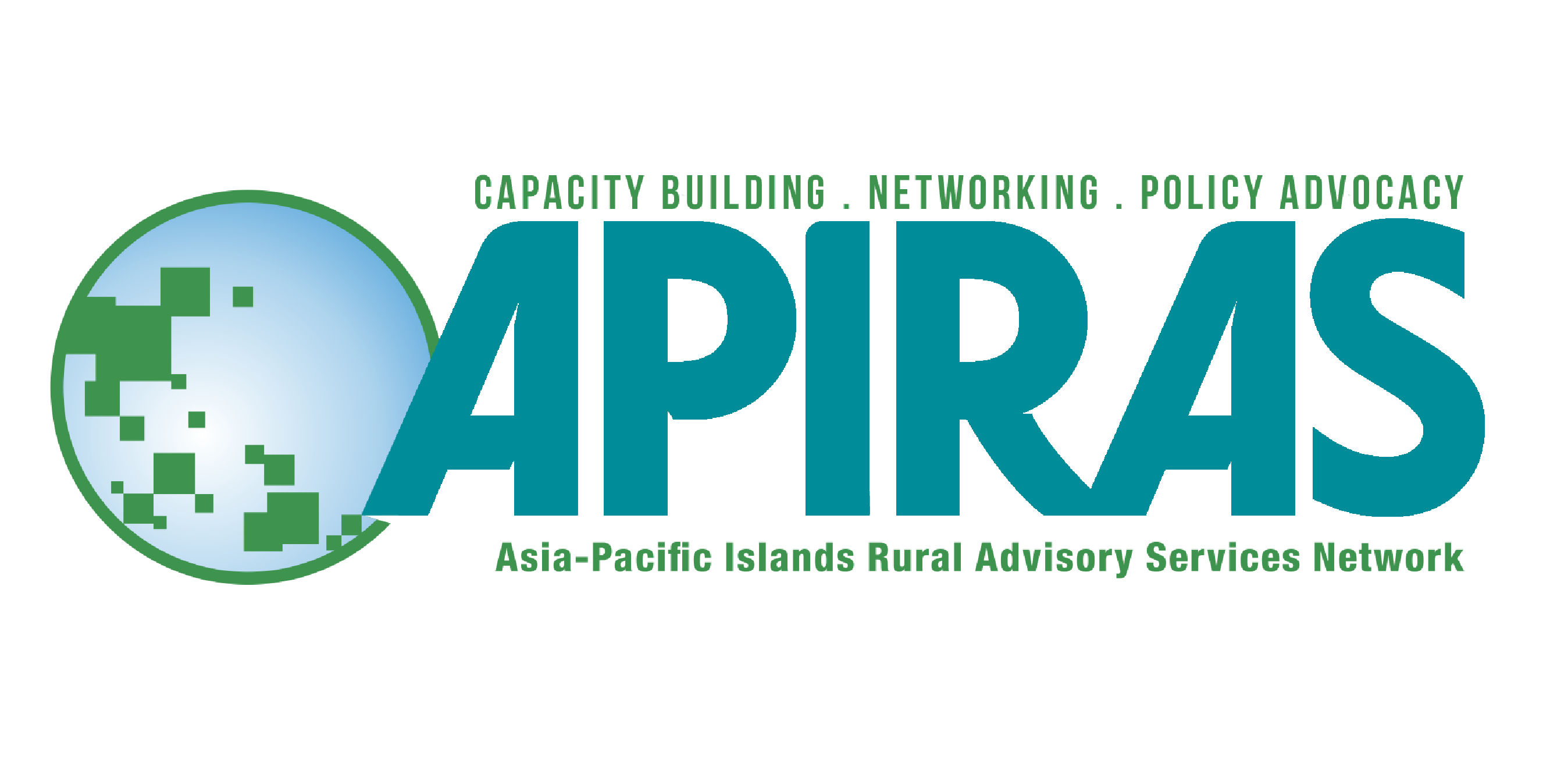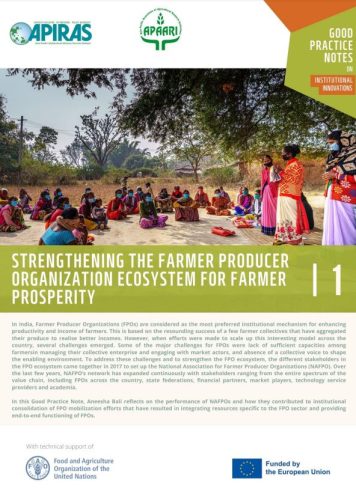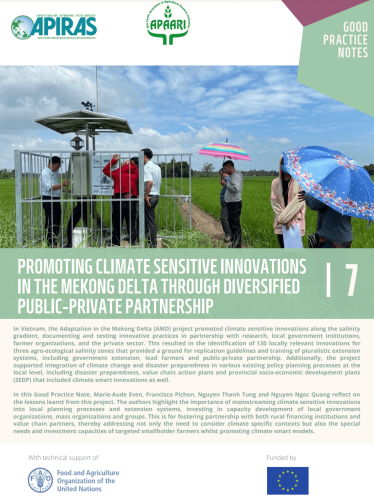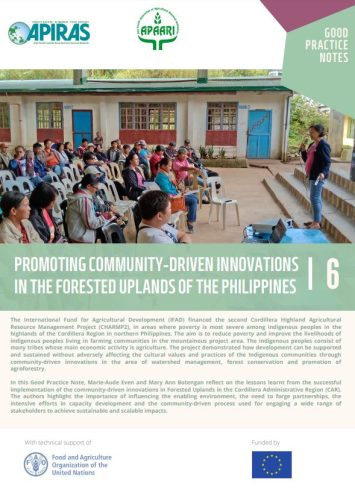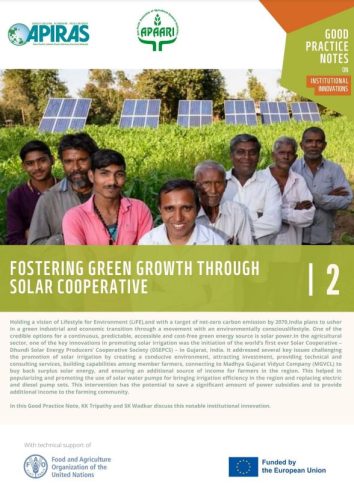
Good Practice Notes on Institutional Innovations-2 | Fostering Green Growth Through Solar Cooperative
Holding a vision of Lifestyle for Environment (LiFE), and with a target of net-zero carbon emission by 2070, India plans to usher in a green industrial and economic transition through a movement with an environmentally conscious lifestyle. One of the credible options for a continuous, predictable, accessible and cost-free green energy source is solar power. In the agricultural sector, one of the key innovations in promoting solar irrigation was the initiation of the world’s first ever Solar Cooperative – Dhundi Solar Energy Producers’ Cooperative Society (DSEPCS) – in Gujarat, India. It addressed several key issues challenging the promotion of solar irrigation by creating a conducive environment, attracting investment, providing technical and consulting services, building capabilities among member farmers, connecting to Madhya Gujarat Vidyut Company (MGVCL) to buy back surplus solar energy, and ensuring an additional source of income for farmers in the region. This helped in popularizing and promoting the use of solar water pumps for bringing irrigation efficiency in the region and replacing electric and diesel pump sets. This intervention has the potential to save a significant amount of power subsidies and to provide additional income to the farming community. In this Good Practice Note, KK Tripathy and SK Wadkar discuss this notable institutional innovation.
